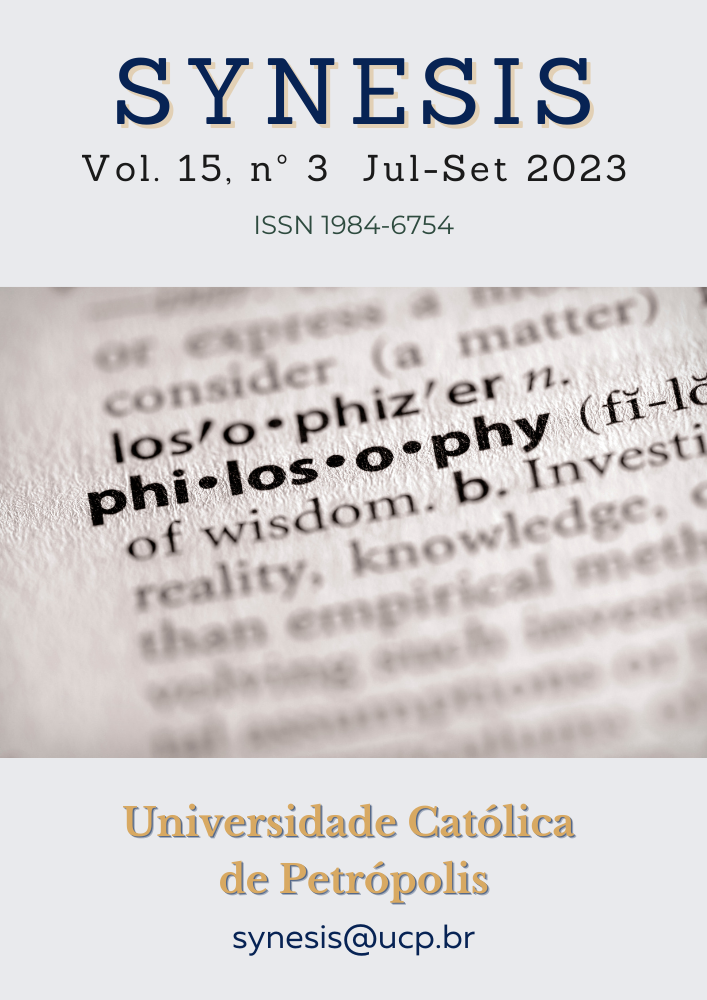Abstract
The article highlights and summarizes the leading trends in the formation and development and methods and technologies of distance learning for technical specialists, stages, features and dynamics of such development. The theoretical foundations of blended learning in technical specialties using distance technologies (concept and model) have been developed. Structured on the basis of student-centered distance learning technology, the mechanism for implementing the concept and model of blended learning in technical specialties. Criteria for the effectiveness of blended learning in technical specialties have been developed. A block of modular variable technologies for student-centered distance learning has been created with the aim of mastering the methodology of this type of training for teachers, creating their own methodological tools. The module-rating system of intra-university quality management of training in technical specialties has been adapted in relation to the blended learning system.
References
Ali, K. A. G., Khalil, H. E. M., & El-Sharkawy, F. M. (2020). Impacts of Online Remote Education on the Learning Process among Nursing Students. Open Journal o fNursing, 10(9), 810-830. https://www.scirp.org/journal/paperinformation.aspx?paperid=102859
Alqahtani, A., & Rajkhan, A. (2020). E-learning critical success factors during the COVID-19 pandemic: a comprehensive analysis of E-learning managerial perspectives. Education Sciences, 10(9), 216. https://doi.org/10.3390/educsci10090216
Atieku-Boateng, H. (2021). An evaluation of the effectiveness of online education and the extent to which online education will be replacing the traditional classroom teaching. Academia Letters, 2806. https://doi.org/10.20935/AL2806
Gao, H. (2021). Analysis of Network Classroom Environment on the Learning Ability of College Students. Technology, Knowledge and Learning, 26(1). DOI: https://doi.org/10.1007/s10758-020-09457-3
Hillier, M. (2018). Bridging the digital divide with off-line e-learning. Distance Education, 39(1), 110–112. Doi: https://doi.org/10.1080/01587919.2017.1418627
Langegard, U., Kiani, K., Nielsen, S. J., & Svensson, P. A. (2021). Nursing students’ experiences of a pedagogical transition from campus learning to distance learning using digital tools. BMC Nursing, 20(1), 1–10. https://doi.org/10.1186/s12912-021-00542-1
Mohammed, M., & Ja'ashan, N. (2020). The Challenges and Prospects of Using E-learning among EFL Students in Bisha University. Arab World English Journal (AWEJ), 11(1), 124-137. https://dx.doi.org/10.24093/awej/vol11no1.11
Morin, K. H. (2020). Nursing education after COVID-19: Same or different? Journal of Clinical Nursing, 29(17–18), 3117–3119. https://doi.org/10.1111/jocn.15322Nikadambaeva, K.B. (2020). Possibilities For Using E-Sources of Educational Methodology in Online Education During Quarantine. The American Journal of Social Science and EducationInnovations,02(08),164–173.Doi: https://doi.org/10.37547/tajssei/Volume02Issue08-25
O'Doherty, D., Dromey, M., Lougheed, J., Hannigan, A., Last, J., & McGrath, D. (2018). Barriers and solutions to online learning in medical education -an integrative review. BMC medical education, 18(1), 130. https://doi.org/10.1186/s12909-018-1240-0
Palvia, S., Aeron, P., Gupta, P., Mahapatra, D., Parida, R., Rosner, R., & Sindhi, S. (2018). Online Education: Worldwide Status, Challenges, Trends, and Implications. Journal of Global Information Technology Management, 21(4), 233–241. Doi: https://doi.org/10.1080/1097198X.2018.1542262
Rajab, K. (2018). The Effectiveness and Potential of E-Learning in War Zones: An EmpiricalComparison of Face-to-Face and Online Education in Saudi Arabia. Institute of Electrical and Electronics Engineers, 99, 1-1. DOI: 10.1109/ACCESS.2018.2800164
Ratheeswari, K. (2018). Information communication technology in education. Journal of Applied andAdvanced Research, 3(1), 45-47. DOI: https://doi.org/10.21839/jaar.2018.v3iS1.169
Riera Guasp, J., Ardid, M., Vidaurre, A., & Dueñas, J. (2018). Students’ perception of auto-scored online exams in blended assessment: Feedback for improvement. Educacion XX1, 21(2), 79-83. https://doi.org/10.5944/educxx1.19559
Shehab, A., & Khalifa, M. (2021). Evaluation of the Current Challenges of Nursing Students about Online Nursing Education at the Middle Region in Iraq. Annals of the Romanian Society for Cell Biology, 25(5), 4864-4870.
Shoufan, A. (2019). Estimating the cognitive value of YouTube’s educational videos: A learning analytics approach. Computers in Human Behavior, 92, 450–458. doi: https://doi.org/10.1016/j.chb.2018.03.036
Zarei, S., & Mohammadi, S. (2021). Challenges of higher education related to e-learning in developing countries during COVID-19 spread: a review of the perspectives of students, instructors, policymakers, and ICT experts. Environmental Science and Pollution Research, 6. https://link.springer.com/article/10.1007/s11356-021-14647-2

This work is licensed under a Creative Commons Attribution-NonCommercial-NoDerivatives 4.0 International License.
Copyright (c) 2023 Synesis (ISSN 1984-6754)

